‘COVID Wounds Still Open,’ Says Sant’Egidio Community Head
The ‘Michelin Guide of the Poor’ Is Presented: Saint Egidio’s Initiatives for a Solidary Christmas. Lunches in Attendance Return and the Number 45586 for Donations
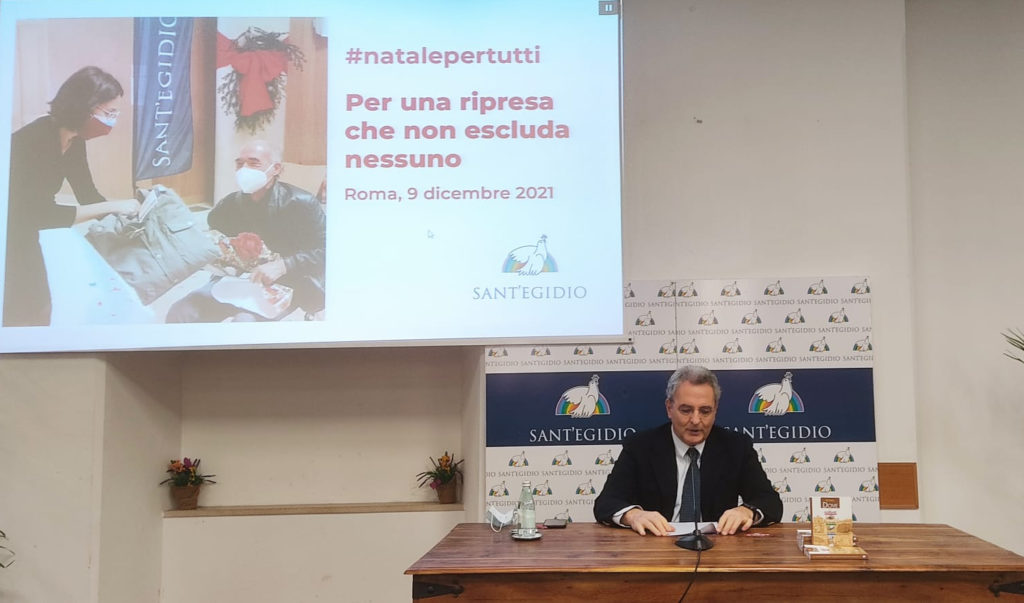
The COVID wounds are still open, nevertheless, good news is not lacking, said Marco Impagliazzo, President of Sant’Egidio Community, during the press conference for the presentation of the usual guide “Where to Eat, Sleep and Wash,” which has hundreds of addresses for services in favor of the most vulnerable people. “They are 264 pages, fruit of our work but also that of Associations and people that point out the best places to us, “explained Impagliazzo, referring to what is now known as the “Michelin Guide of the Poor.”
The meeting also served to launch the initiative “Christmas for All: For a Recovery that Excludes No One.” Returning in this ambit are Christmas lunches in attendance, at the table, even though with the limitations imposed by the pandemic.
The First Afghan Refugees Arrive
The first good news, communicated by Sant’Egidio’s President, is that “the first Afghanis are arriving, after the great August evacuation. The first two already arrived yesterday and another 10 will arrive next week. This thanks to the humanitarian corridor opened a few weeks ago with other Associations, the Episcopal Conference, the Evangelical Churches, in agreement with the Interior and Foreign Ministries. It is a Christmas present for those Afghans who were able to cross the border with Iran or Pakistan and welcomed today in Italy. It’s the beginning of a process that will bring 1,200 people here. They are families belonging also to minorities, such as the Hazara Shiites, persecuted by the Taliban. A few days ago, a boy said to me that he was leaving not only not to be killed but also not to kill. When one enters the logic of war these are the tragedies,” he lamented.
Appeal to Europe for Humanitarian Corridors
Impagliazzo stressed the point of humanitarian corridors. On one hand, “they are multiplying,” and he mentioned the one opened by Cyprus on the occasion of Pope Francis’ visit. The refugees will be guests of the Holy See, which requested Sant’Egidio’s collaboration. They are added “to the 93 that arrived from the Libyan detention camps last week. We know the disastrous and inhuman conditions in which refugees live in Libyan camps,” stressed Impagliazzo. Positive news that, however, contrasts with the situation that “remains dramatic in so many borders of Europe. The corridors are the legal way to reach Europe; however, it’s unfortunate that they are always fewer and increasingly restricted. We are making an appeal so that European countries will open legal ways for those suffering the consequences of war, climate change, and grave crises in the whole world.”
The Consequences of the Pandemic
Sant’Egidio’s President then addressed the “consequences of COVID on the Italian society. Not from the health point of view, although since July the community has opened a vaccination hub for the more vulnerable and poor people deprived of coverage,” he said. It’s an establishment that is open two days a week, also during the Christmas period, which has enabled very many people who don’t have valid documents, to get vaccinated, thanks, also, to the medical, nursing, and technical staff and the collaboration with the commissioner’s structure of general Figliuolo, the Lazio Region and the ASL Rn1, which supplies the vaccines.
The economic consequences are the weightiest. “From the pre-COVID period up to today, more than one million people are in conditions of absolute poverty,” which now concerns “two million families, for a total of 5.5 million people, 1.3 of whom are minors. The new COVID poor are families with small children and insufficient income for elementary needs. All this because with the closing due to the emergency many have lost their jobs, many others are in conditions of extreme precariousness.”
The Specter of Inflation
Many jobs resurfaced with the vaccine campaign but what is lacking, for an indeterminate period, is stable work, which it’s still not possible to influence,” continued Impagliazzo. “The situation is getting worse, because of the cost of living, the increase in inflation and not only the expensive bills; spending affects household budgets of families in difficulty. The data tells us that the COVID wounds are still open. The emergency season is not over, it has long-term consequences that are never forgotten and can only be addressed together. The civil society and institutions must unite for a great solidarity campaign.”
In this connection, Impagliazzo launched the campaign of the solidary number 45586, through which it’s possible to make donations either by a landline or mobile phone. Donations that have arrived also from other fronts have made it possible to distribute 500,000 food parcels in Italy.
Impagliazzo then recalled the great relational emergency, stressing, for example, the “co-housing” initiative, which in Rome alone has made it possible to house 900 people in one year. “For them it means to be reinserted in society, perhaps to find a job and get back in the game. It’s possible to make people come out of that absolute precariousness that is to live on the street.”
Christmas Lunches
Finally, the cold emergency and Christmas lunches, which come back together, at table, although with limitations because of distancing.” Before COVID the participants were 240,000 worldwide. “We will try to reach 80,000 in attendance and distribute parcels to the others. Some 20,000 people will be involved in Rome alone and its surroundings. There has also been a strong response by citizens; we are still trying to understand how many guests we might have in attendance.”
The Cold Emergency
In regard to the cold, Impagliazzo appreciated the commitment of the new Mayor Gualtieri, and of the social policies’ Adviser Barbara Funari, who have multiplied the financing of several municipalities. Meanwhile, pointed out among the other open structures is the Palazzo Migliori, made available to the Holy See and next to Saint Peter’s colonnade, the Chalet of Mercy near the Gemelli Polyclinic, the church of the Good Shepherd in Trastevere and that of Saint Calixtus. “We must overcome the inertia, the daze that came from this period, which has tested us all a lot. We can do it if we are able to be concerned with those in greater need than we are. Hence, I appeal to all Romans and to the Italians to mobilize this Christmas because it does good to all and especially to those that are poorer,” concluded Impagliazzo.
Translation by Virginia M. Forrester
Related
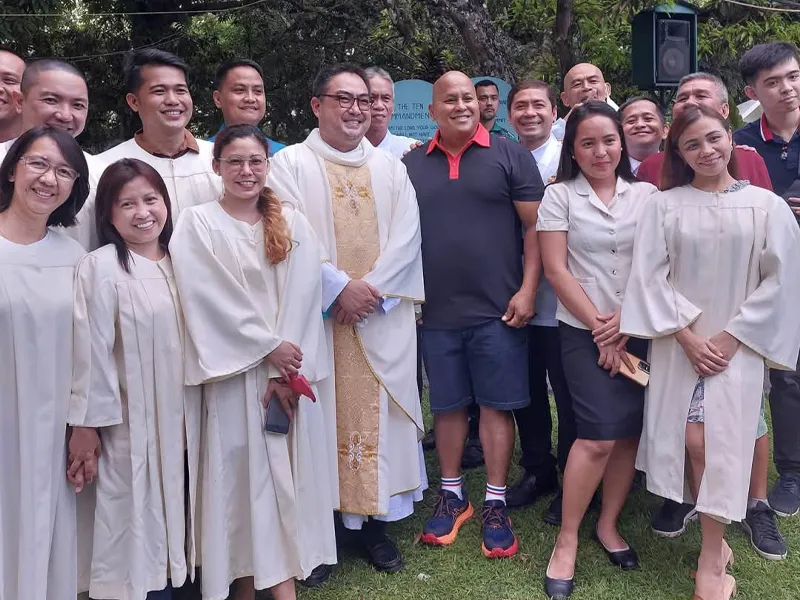
“The priest finds his reason for being in the Eucharist”
Fundación CARF
01 April, 2025
5 min
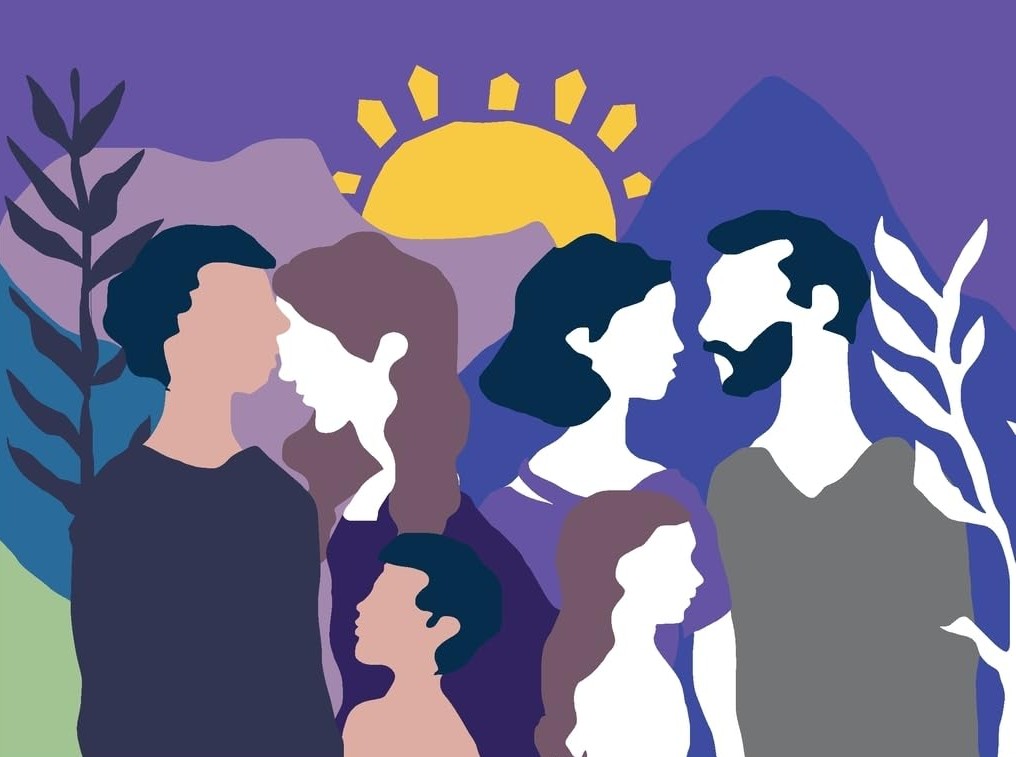
Family Valued: An international appeal for the family
Exaudi Staff
01 April, 2025
2 min
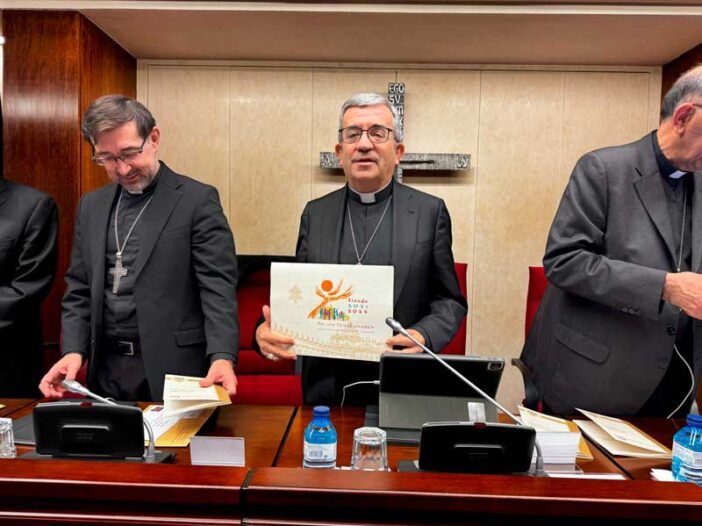
Bishop Luis Argüello Addresses the Challenges of the Church in Spain
Exaudi Staff
01 April, 2025
2 min
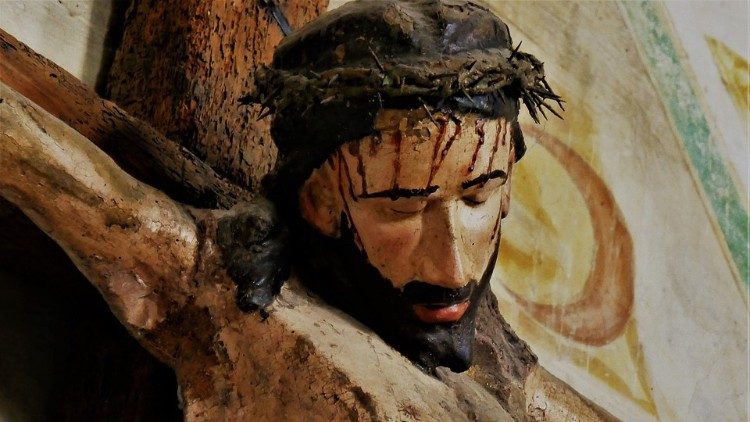
THE WAY OF THE CROSS: Accompanying Jesus on the way to the Cross
Luis Herrera Campo
31 March, 2025
5 min
 (EN)
(EN)
 (ES)
(ES)
 (IT)
(IT)

